California’s SB 54 plastic packaging EPR: November 15 deadline explained and what’s next
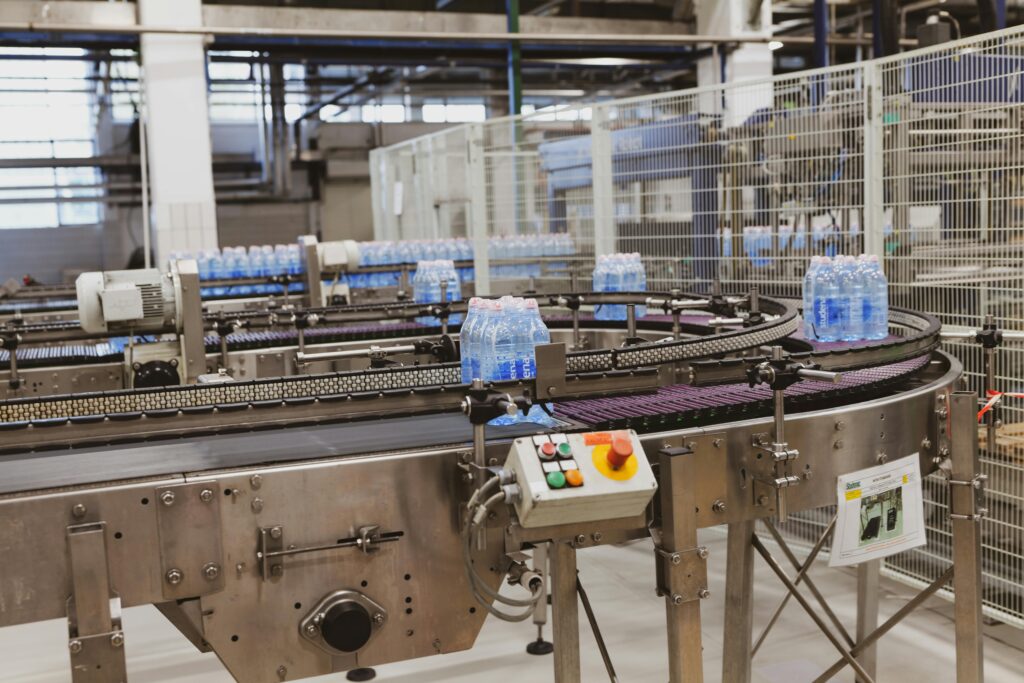
California’s SB 54 plastic packaging EPR law is the most ambitious packaging policy in the United States. It requires producers to meet strict source-reduction, recyclability, and recycling-rate targets through 2032 and mandates joining a producer responsibility organization (PRO) or operating an approved plan by January 1, 2027. A key source of confusion has been the […]
Plastic Collective registers its first African project under the Verra Plastic Waste Reduction Standard
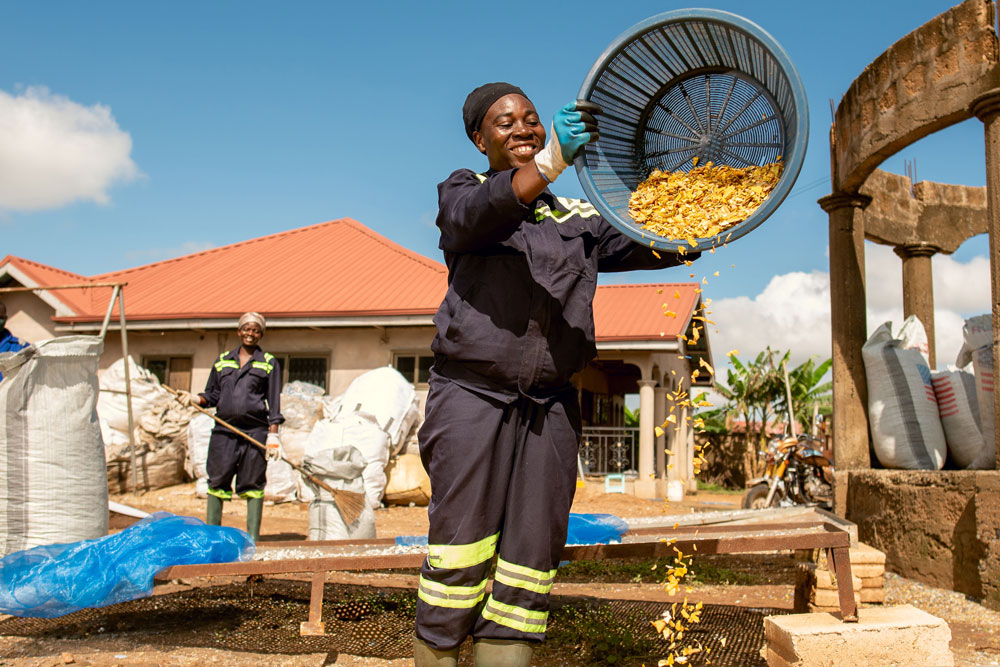
Plastic Collective is proud to announce the registration of the ASASE Foundation’s community-based plastic collection and recycling project under the Verra’s Plastic Waste Reduction Standard. Plastic Collective is the advisory partner to this exemplar project which is leading the charge to address the plastic pollution crisis in Ghana. The ASASE project was also selected for […]
UN Global Plastics Treaty – the hits and misses of INC4
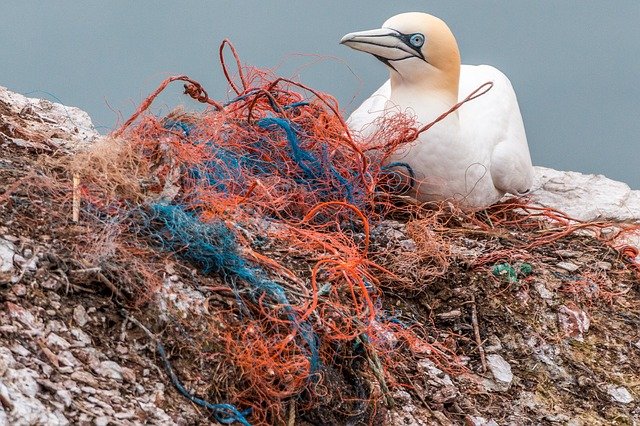
Last week, Ottawa hosted thousands of negotiators and observers for the fourth meeting of the UN Intergovernmental Negotiating Committee (INC) which is charged with negotiating by the end of this year a global, legally binding treaty to reduce plastic pollution. Plastic Collective was in attendance as an observer and also co-hosted a side event on […]
Social-Plus: A new Standard for improving waste picker conditions
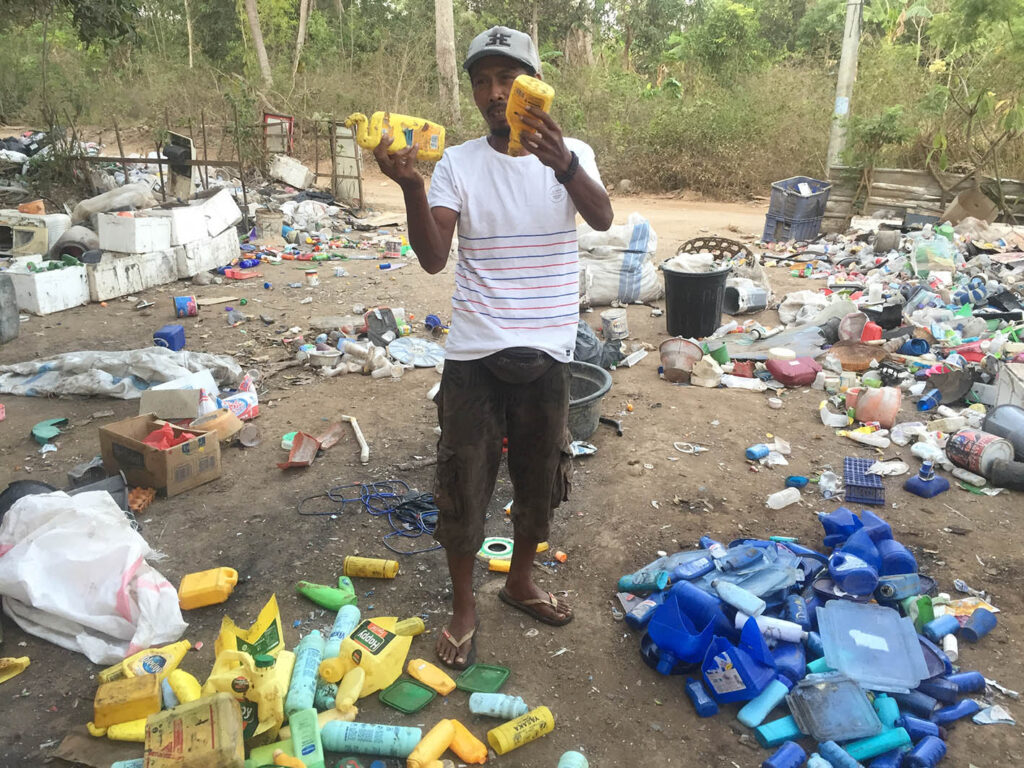
The estimated 20 million waste pickers operating around the world [1] provide around 60 percent of the global collection volume for plastic recycled material [2]. However, waste pickers receive little to no recognition for their essential contribution to circular economy, environmental protection, and collection services. They work in high-risk conditions and are exposed to market […]
Extended Producer Responsibility – How Can It Drive Global Circularity and Sustainability?

Extended Producer Responsibility (EPR) is the concept that producers and importers should take responsibility for the products they put into a market across their entire lifecycle – the polluter pays principle. We are now seeing a ‘third wave’ in the development and implementation of EPR frameworks around the world. Let’s take a look at the […]
What is Extended Producer Responsibility (EPR) & How do Plastic Credits Fit In?

What is EPR? Extended Producer Responsibility (EPR) is the concept that brands, plastic packaging producers and importers should take responsibility for the plastic they put into a market across its entire lifecycle. EPR policies are based on the “polluter pays” principle and are generally implemented by governments via a set of rules and targets. EPR […]
Recycled PET Market – Supply & Demand Market Issues
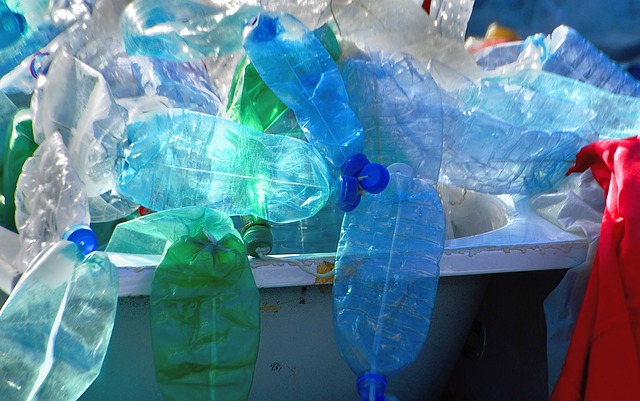
The recycled PET market: many large buyers, but not enough collection We know that of the 460 million tonnes of plastic consumed globally each year, just 9 per cent is recycled (1). Roughly 50 percent of plastic waste generated globally ends up in landfill; 19 per cent is incinerated, and the rest leaks into the […]
Global Plastic Treaty – The Lowdown
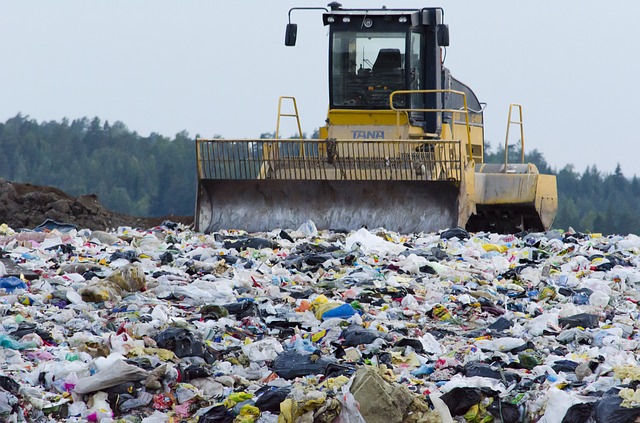
The OECD’s latest report on plastic pollution is not exactly ‘beach read’ material. It projects that plastic leakage into the environment will double to 44 million tonnes a year by 2060, while the build-up of plastics in aquatic environments will more than triple, exacerbating environmental and health impacts. And then there’s the carbon footprint of […]
Plastic Credits: Safeguarding against “greenwashing” and false company eco-friendly / ESG claims
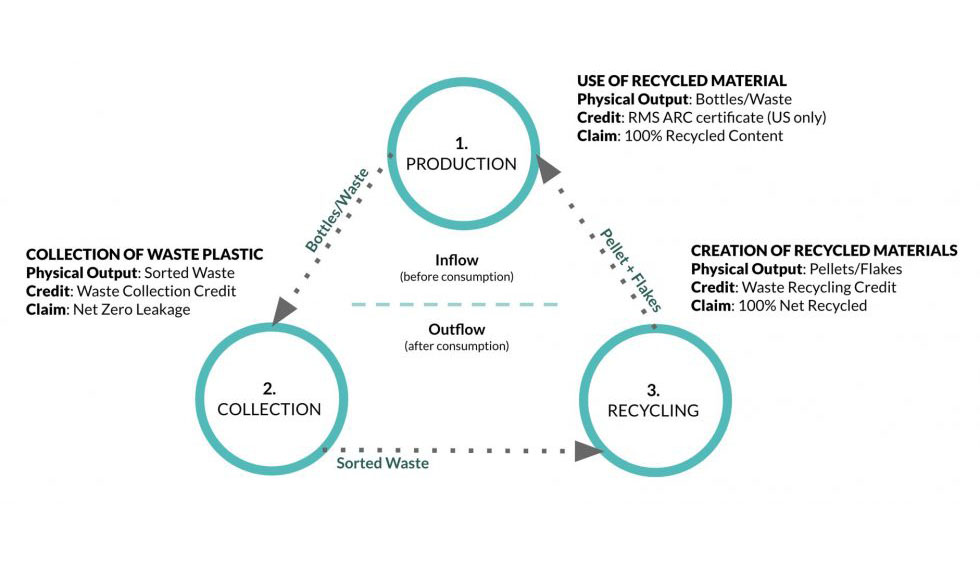
“Greenwashing”, or the exaggeration of claims by companies about their environmental, social and governance (ESG) achievements, is a growing problem in the ESG industry. Under pressure from consumers, shareholder and environmental groups, regulators are now looking at tightening rules when talking about environmental claims such as sustainability or neutral emissions[1]. To instill integrity and counter greenwashing claims in plastic credit programs (such […]
